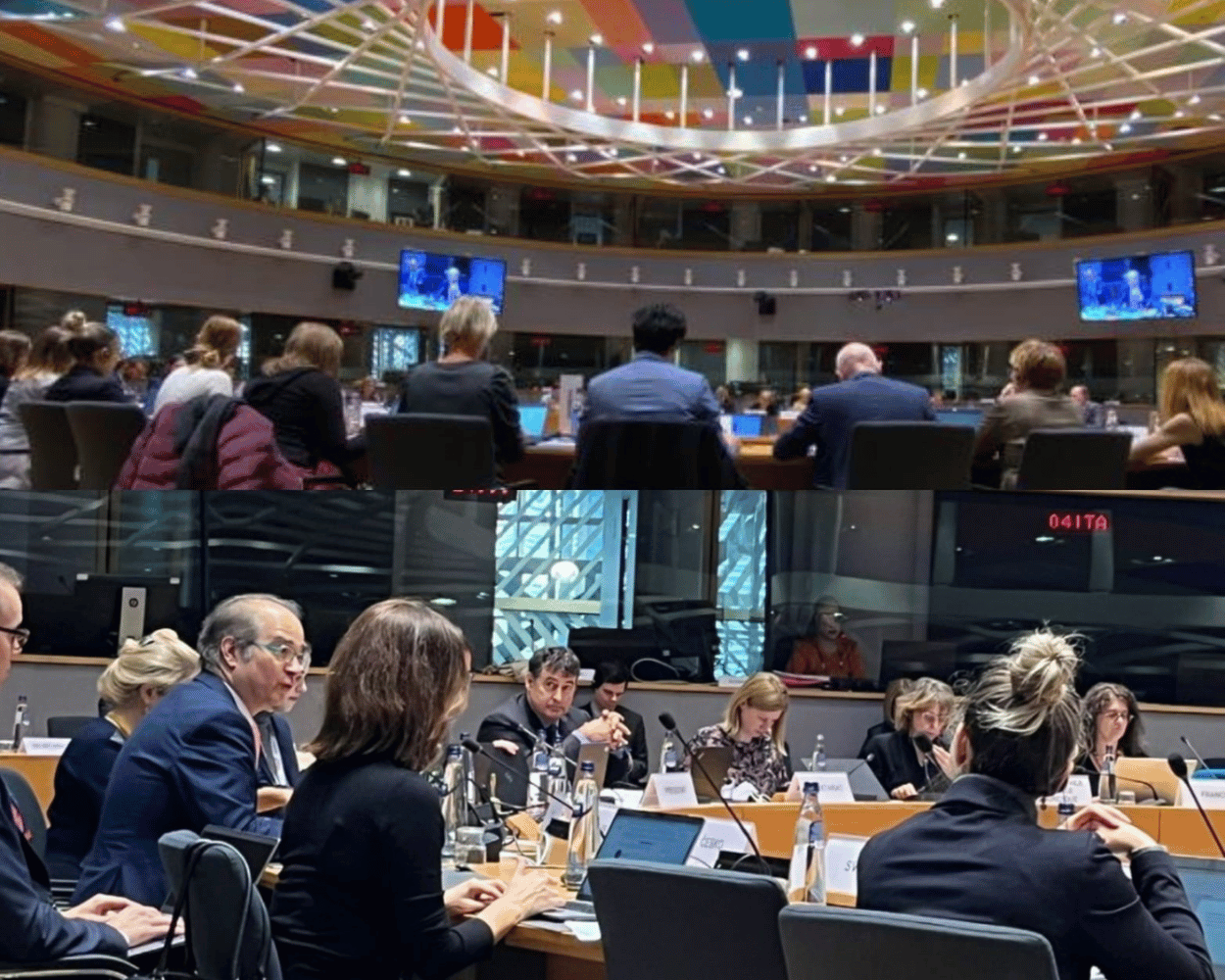SEED FUNDING JOINT PROGRAMMES
Rwanda
Resilient Food Systems: Enhanced Value Chain and Post Harvest Management





PROJECT TITLE | Resilient Food Systems: Enhanced Value Chain and Post Harvest Management |
| Context | Food systems transformation is embedded in several national policies in Rwanda, including the National Transformation Strategy, the Strategic Plan for Agriculture Transformation, the National Environment and Climate Change Policy. In 2021, Rwanda developed its National Pathway, which highlights four priority areas for the country towards 2030: ensuring food security and nutrition for all, while increasing demand for healthy diets; enhancing the environmental sustainability of food systems; improving livelihoods for farmers and all workers in food systems while building resilience to shocks; promoting inclusion of women and youth in food systems, including through enhanced financial opportunities. |
| PUNOs | FAO, WFP, IFAD |
| Contribution to SDGs | SDG 1 No Poverty; SDG 2 Zero Hunger; SDG 8 Decent Work and Economic Growth; SDG 13 Climate Action |
| Contribution to other SDG transitions | Decent Jobs and Universal Social Protection; Energy Access and Affordability |
| Duration | July 2024 – June 2025 |
| Expected financial leverage | $ 3,070,000 |
| Alignment with SG Call to Action | Policy integration; Food systems governance; Research, data, technology and innovation; Inclusive and participatory design; Private sector engagement |
| Outcomes | The JP leverages on improved post-harvest management as a strategic approach to simultaneously reduce food loss, improve incomes, and boost food availability. The JP promotes the economic integration of youth-led MSMEs and builds linkages with partners and initiatives focused on nutrition and food security to connect the dots between food production, processing and consumption. |
| Partners |
|
| Outputs |
|
The Hub briefs the EU Institutions in Brussels
Stefanos Fotiou, the Director of the UN Food Systems Coordination Hub, attended a series of meetings in Brussels, Belgium to brief the European Union (EU) Institutions on the work of the Hub.

The European Union (EU) Council.
On 24-25 November 2022, Stefanos Fotiou, the Director of the UN Food Systems Coordination Hub, met with the European Union (EU) Institutions in Brussels to provide updates on the current work of the Hub, including details on the programme of work, budget and preparations for the UN Food Systems Summit +2 Stocktaking Moment. Hub briefings were shared at the following meetings: the “Working Party on International Food and Agriculture Questions” of the EU Council; senior officials from the EU Commission (Directorate-General of Agriculture and Rural Development (AGRI), Directorate-General of Health and Food Safety (SANTE) and Directorate-General of International Partnerships (INTPA)); the “Agriculture, Rural Development and the Environment” Section of the European Economic and Social Committee.
